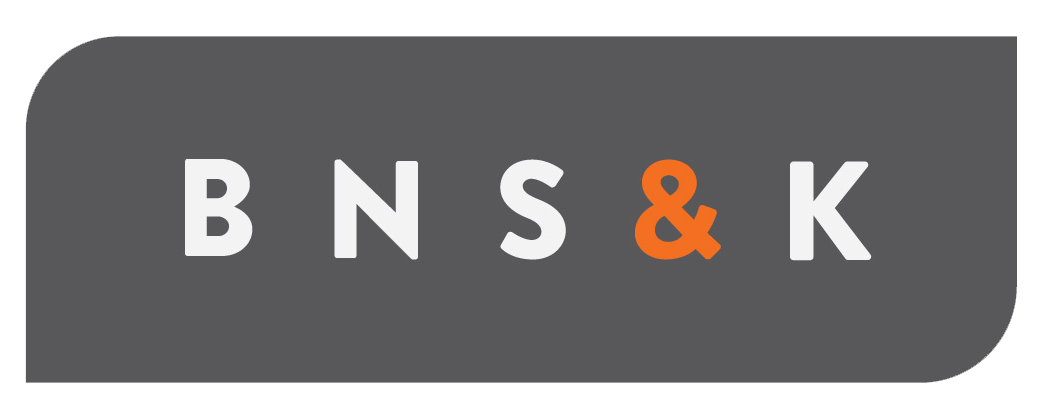Potential Expansion of Attorney-Client Privilege for Inadvertent Disclosure
The California Supreme Court’s refusal to hear an appeal regarding Gibson Dunn & Crutcher LLP’s recent disqualification from representing another large firm should serve as both a clarification of attorney-client privilege and a word of warning to law firms.
The Court rejected a petition to hear McDermott Will & Emery LLP v. Superior Court, 10 Cal. App. 5th 1083 (2017), a decision from the California Court of Appeals’ Fourth District. There, the appeals court affirmed the disqualification of Gibson Dunn from representing McDermott Will & Emery LLP in a malpractice suit. It also held that an email sent by a client to a third party prior to the litigation did not waive the attorney-client privilege protecting that email’s content.
Case Background
Dick Hausman, the older head of a wealthy family, ran a company that was regularly represented by the law firm, McDermott Will & Emery. However, during an internal struggle for control of the family company, Hausman retained personal, third party counsel, and had a meeting with this new attorney to discuss his legal options. Shortly after, the attorney sent an email summarizing the meeting, and Hausman, who was 80 and suffered from Multiple Sclerosis, accidentally forwarded the message to his daughter-in-law. She, in turn, sent the message to multiple members of the family.
Two years later, McDermott Will & Emery was sued by the family over conflicts of interest and was represented by the law firm, Gibson Dunn & Crutcher. Gibson’s attorneys offered the email as evidence, and did not return the email when opposing counsel said it was inadvertently disclosed privileged material. In turn, opposing counsel filed motions seeking 1. Judicial determination that the email was privileged and had been inadvertently disclosed, and 2. Gibson Dunn be disqualified from representing McDermott in the matter at hand. The trial court granted both motions and the court of appeals affirmed. In its affirmance, the court of appeals ruled that the email was obviously privileged because it was from an attorney and summarized a meeting with a client. Furthermore, the court held that Hausman did not waive his privilege as to the email, because his forwarding was accidental. Furthermore, it also held that disqualification was the appropriate remedy because Gibson Dunn had reviewed and used the email already, which raised the likelihood the exposure could affect the outcome of the case.
Impact of Case
This case seemingly expands the strength of attorney-client privilege. Prior to this case, the State Fund rule, which requires that opposing firms not use materials which are obviously privileged, had mostly been applied to instances of disclosure by opposing counsel and during litigation. In contrast, this court found there was obvious privilege even though the disclosure was made by the client and years before the onset of litigation. Essentially, the court ruled that the email, on its face, should have indicated to Gibson Dunn that it should not be used, even though the client had directly sent it to a third party.
McDermott currently has requested the court to depublish the case, meaning that it could not be used as binding law in the future. In the meantime, California lawyers and clients need to be aware of the documents they use as evidence. If there is any indication that the information is privileged, regardless of when and by whom it was disclosed, it would be wise to not use that information until it is approved by opposing counsel or the judge.
